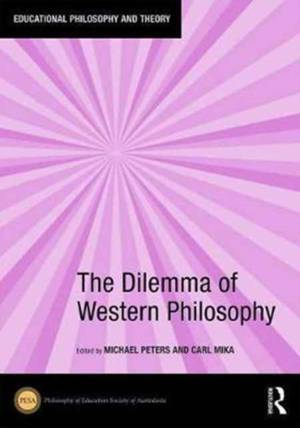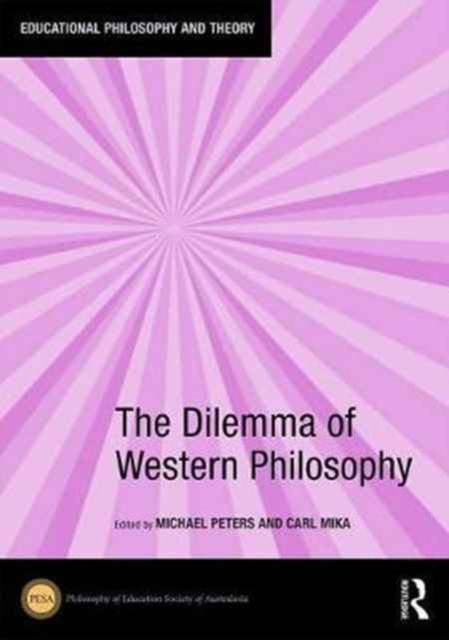
- Retrait gratuit dans votre magasin Club
- 7.000.000 titres dans notre catalogue
- Payer en toute sécurité
- Toujours un magasin près de chez vous
- Retrait gratuit dans votre magasin Club
- 7.000.000 titres dans notre catalogue
- Payer en toute sécurité
- Toujours un magasin près de chez vous
The Dilemma of Western Philosophy
Description
This edited collection takes a multifaceted approach to the various limitations and achievements of Western philosophy. Considered on its own, Western philosophy is a highly contentious name. The contributors question its validity as a label and take to task its grand appearance within education. However, part of the problem with Western philosophy is that it has less conventional as well as dominant manifestations. The writers consider both forms of Western philosophy, devoting significant thought and time to it in its own right, but always referring it to the more specific issue of education. This book adds to a growing corpus that sketches the relationship between education and philosophy, showing that they are deeply intertwined, and it is indeed philosophy (and especially its Western variation) that supports Western education and allows it to flourish in the first instance. It is fitting, then, that at various points this book depicts education as a hegemonic vehicle of a deeper phenomenon - that of dominant Western philosophy.
This book was originally published as a special issue of Educational Philosophy and Theory.
Spécifications
Parties prenantes
- Editeur:
Contenu
- Nombre de pages :
- 120
- Langue:
- Anglais
- Collection :
Caractéristiques
- EAN:
- 9781138080614
- Date de parution :
- 01-08-17
- Format:
- Livre relié
- Format numérique:
- Genaaid
- Dimensions :
- 156 mm x 234 mm
- Poids :
- 362 g






